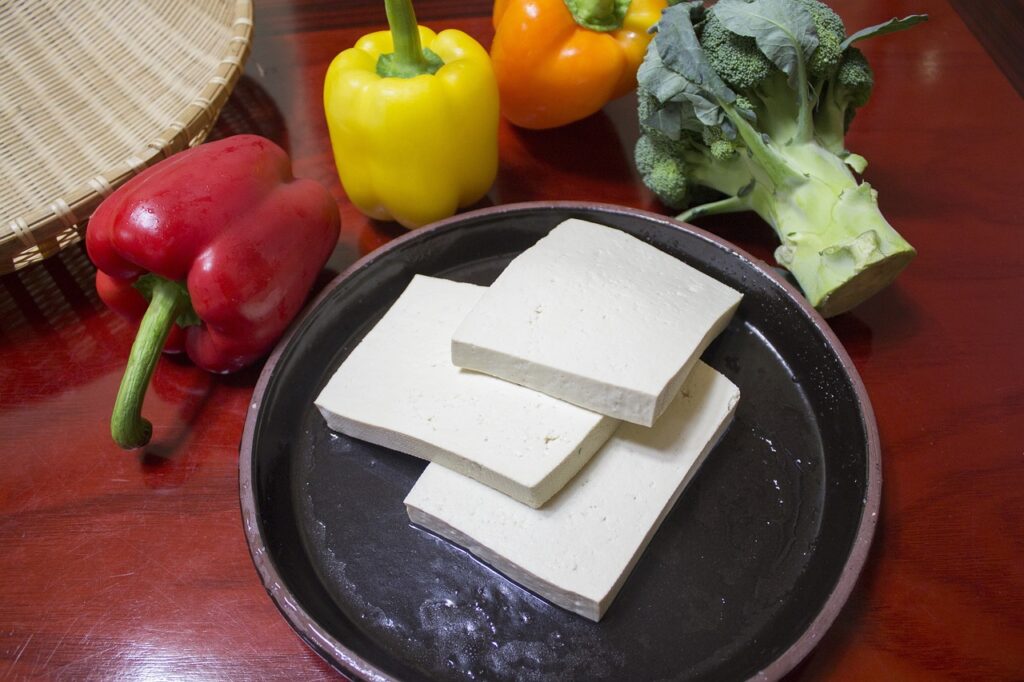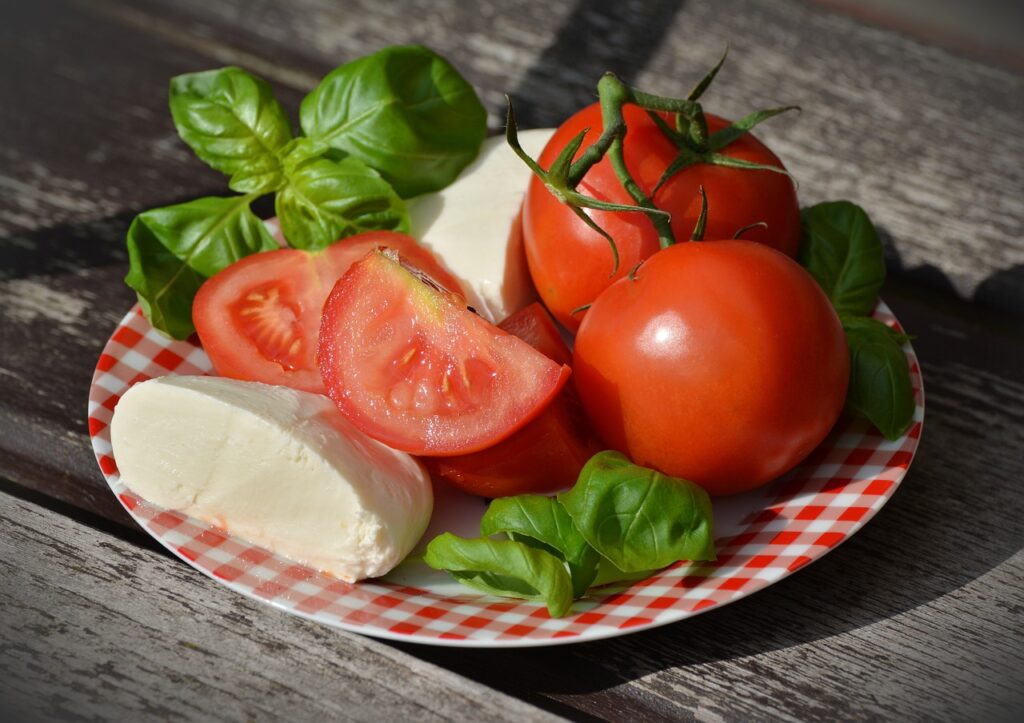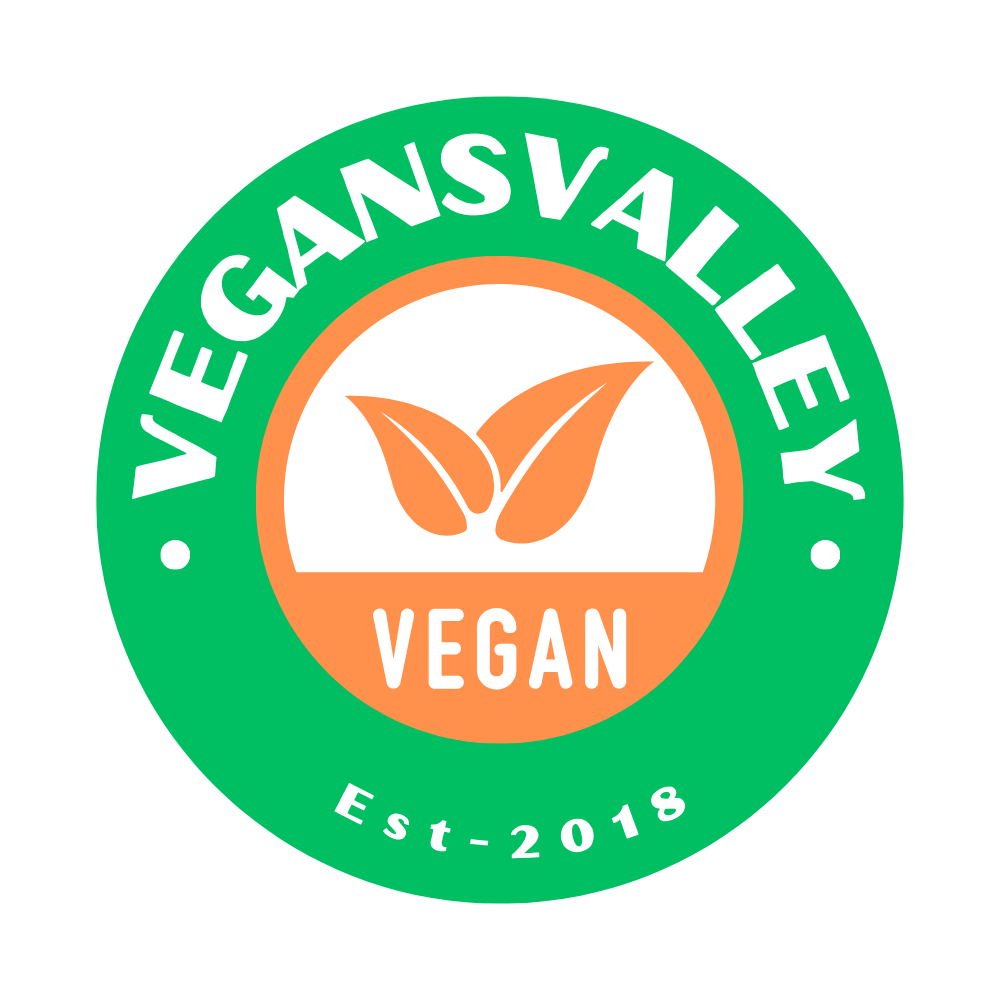Is Cheese Vegan? A Detailed Guide to Plant-Based Alternatives
For those looking to reduce animal products or embrace a plant-based lifestyle, the question often comes up: Can cheese fit the bill? Spoiler alert—traditional cheese isn’t plant-based. But don’t worry! You don’t have to give up your favorite pizza or creamy pasta dishes. In this guide, we’ll explain what makes traditional cheese off-limits and introduce you to delicious, dairy-free alternatives that will satisfy all your cheesy cravings.
Why Isn’t Traditional Cheese Vegan?
Cheese, in its conventional form, is made from animal milk—primarily cow, goat, or sheep milk. The process involves curdling milk using an enzyme called rennet, which is often derived from the stomach lining of calves. While some cheeses use microbial or plant-based rennet, they’re still made from milk, an animal byproduct. This makes cheese non-vegan, as this kind of diet excludes all forms of animal exploitation.
Additionally, dairy farming practices raise ethical concerns for many. From the separation of calves from their mothers to the environmental impact of large-scale dairy farming, traditional cheese production presents moral dilemmas for those avoiding animal-based products. Studies even suggest that dairy proteins, like casein, release opiate-like compounds during digestion, creating a mild dependency. This can make giving up cheese feel particularly challenging for many people.
What Is Vegan Cheese Made Of?
This type of cheese swaps out animal milk for plant-based ingredients. Common bases include:
- Nuts and Seeds: Cashews, almonds, macadamias, and sunflower seeds are popular for their creamy texture and versatility.
- Coconut Oil: Often used for its fat content, which gives plant-based cheese a rich and indulgent mouthfeel.
- Soy: A protein-packed base that’s widely used in block and sliced vegan cheeses.
- Starches and Root Vegetables: Tapioca, potato starch, and carrots can create stretchy, melty plant-based cheeses.
- Aquafaba: The liquid from cooked chickpeas adds a fluffy texture to some artisanal cheeses.
These ingredients are combined with flavorings like nutritional yeast (for a cheesy, umami kick), spices, and cultures to replicate the tanginess of aged cheeses.

The Pain Point: Giving Up Cheese
If the thought of parting with cheese feels overwhelming, you’re not alone. Cheese addiction is real! Luckily, the booming plant-based industry has stepped up, offering incredible vegan cheese alternatives that not only mimic the taste and texture of cheese but also align with ethical and dietary choices.
Top Vegan Cheese Alternatives
1. Vegan Mozzarella
Perfect for pizza, lasagna, or Caprese salad, this type of mozzarella melts beautifully and stretches like the real deal. Brands to try:
- Miyoko’s Creamery
- Violife Mozzarella Shreds
- Daiya Cutting Board Collection Mozzarella
2. Vegan Cheddar
Whether you’re making grilled cheese or nachos, vegan cheddar delivers bold flavor and creamy texture. Popular brands include:
- Follow Your Heart Cheddar Slices
- Field Roast Chao Creamy Original
- Violife Epic Mature Cheddar Block
3. Vegan Cream Cheese
For spreading on bagels or using in desserts, this cream cheese is a must-have. Try:
- Tofutti Better Than Cream Cheese
- Kite Hill Almond Milk Cream Cheese
- Trader Joe’s Vegan Cream Cheese
4. Artisanal Vegan Cheeses
If you’re after gourmet options for a cheese board, artisanal plant-based cheeses are game-changers. Look for:
- Treeline Cashew Cheese
- Rebel Cheese
- Vromage
How to Choose the Best Vegan Cheese
With so many options, finding the right plant-based cheese can be daunting. Here are a few tips:
- Texture Matters: If you’re looking for melty cheese, go for products labeled as shreds or slices.
- Flavor Profiles: Artisanal options are great for robust flavors, while everyday brands often mimic milder cheeses.
- Ingredient Preferences: Check labels for allergens like nuts or soy if you have dietary restrictions.
- Experiment: Tastes vary, so try different brands to discover your favorites.

FAQs About Vegan Cheese
Can vegan cheese melt like regular cheese?
Yes, many modern plant-based cheeses melt, stretch, and bubble just like dairy cheese. Brands like Violife and Daiya are known for their meltability.
Is vegan cheese healthy?
It depends on the brand and ingredients. Many vegan-friendly cheeses are lower in cholesterol and saturated fat than dairy cheese, but some can be high in sodium or processed fats. Opt for minimally processed varieties when possible.
Does vegan cheese taste like real cheese?
Taste varies by brand and type. While some plant-based cheeses closely mimic traditional cheese, others have unique flavors that stand on their own.
Can I make plant-based cheese at home?
Absolutely! Homemade vegan cheese can be made from cashews, almonds, or even potatoes and carrots. It’s a fun and customizable option.
Where can I buy vegan cheese?
This type of cheese is widely available in grocery stores, health food stores, and online. Look for it in the refrigerated section near other plant-based products.
Conclusion
While traditional cheese isn’t suitable for a plant-based lifestyle, the alternatives available today ensure you don’t have to miss out on creamy, tangy, and melty goodness. From nut-based artisanal options to store-bought shreds, there’s a dairy-free option for every palate and recipe. The next time someone asks, “Is cheese vegan?” you’ll not only know the answer but also have a list of incredible alternatives to share!
